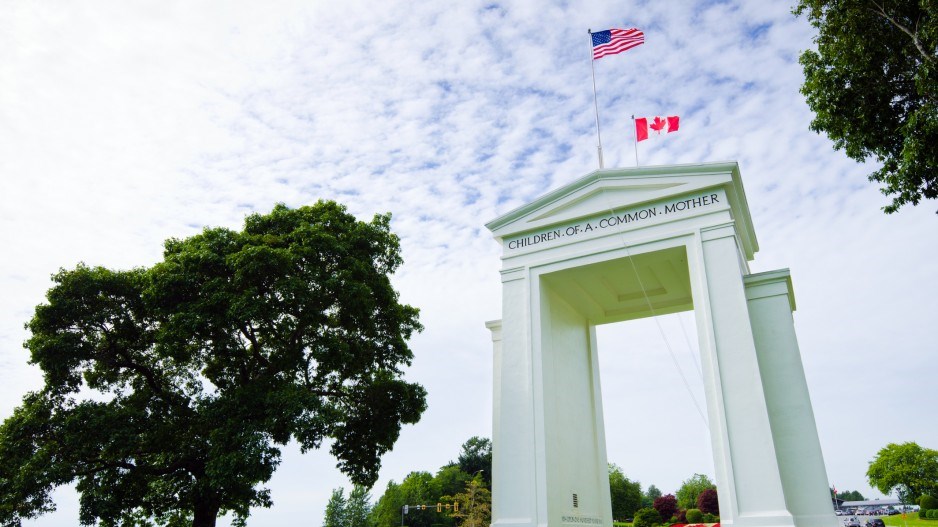Ottawa is set to unveil changes to border restrictions next week as provinces ramp up their booster dose campaigns amid the waning COVID-19 Omicron wave.
Health Minister Jean -Yves Duclos confirmed Friday more details would be coming soon on the same day Ontario declared a state of emergency amid truck convoy protests that have paralyzed the Windsor-Detroit border crossing and disrupted traffic in the nation’s capital.
Many protesters in the truck convoy have been demanding the removal of all pandemic restrictions.
“We do have to adapt our border stance because we know it is pretty impossible to reduce every single case of importation,” Dr. Theresa Tam, Canada’s chief public health officer, said during Friday’s briefing with Duclos.
She said data indicates the country is now past the peak of the Omicron wave, which would allow “many jurisdictions to ease restrictions.”
Alberta and Saskatchewan have already embarked on easing restrictions, such as showing proof of vaccination to enter some locations.
And B.C. provincial health officer Dr. Bonnie Henry said on Wednesday the provincial government would release details of its own “sustainable management strategy” for the pandemic next week after previously indicating some restrictions would begin loosening by the Family Day long weekend.
Canada tightened border restrictions December 21, reintroducing requirements for negative COVID-19 PCR tests for trips under 72 hours, as the Omicron wave took hold.
The country flirted with eased border rules in November for only a few weeks before restrictions were tightened once again at the end of 2021.
American authorities opened their border to fully vaccinated Canadian travellers on November 8, however, Ottawa still required all travellers coming over the land border to produce a negative PCR test. U.S. authorities have no such requirement for those arriving at their border.
Ottawa lifted that PCR requirement on November 30 before implementing it once more just ahead of Christmas amid surging cases of the Omicron variant, which is considered to be milder than the previously dominant Delta variant.
“We’re constantly discussing examples of border measure that are appropriate based on the context of the virus at this particular time,” Intergovernmental Affairs Minister Dominic LeBlanc said, referring to the federal cabinet COVID-19 committee that he chairs.
“So I would think … you may have the chance to see us again next week with some decisions on our border measures.”




